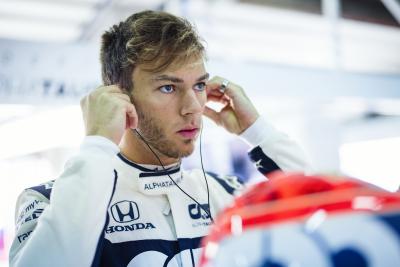Red Bull Racing
Team Statistics

About Red Bull Racing
Red Bull Racing in 2024
Red Bull head into 2024 on the back of their greatest season yet, winning 21 of the 22 races. It ultimately was an unprecedented year of success for Red Bull and their star driver, Max Verstappen.
Latest News
Team Information
Red Bull Racing in 2024
Red Bull head into 2024 on the back of their greatest season yet, winning 21 of the 22 races. It ultimately was an unprecedented year of success for Red Bull and their star driver, Max Verstappen.
Verstappen himself stormed to his third consecutive drivers’ title in 2024 as he won 19 of the 22 races. The Dutchman continues to write his name in the F1 history books, and 2024 is set to be another great season for Verstappen.
On the other side of the garage, Sergio Perez is set to embark on his fourth campaign with the team. While Perez did secure his best championship finish of second in 2023, he’s under pressure to keep his drive for next year.
Perez’s deal with Red Bull runs out at the end of 2024, with a host of names looking to replace him. Red Bull boss Christian Horner will be hoping Perez is able to up his game in 2024, particularly with the likes of McLaren, Mercedes and Ferrari likely to be closer on track.
Red Bull's F1 history
After sponsoring Sauber from 1995 to 2004, Red Bull finally entered the sport with their own team in 2005, taking over from Jaguar. Red Bull’s first year, with former McLaren driver David Coutlhard leading the team, was a relative success, securing seventh in the drivers’ championship.
Red Bull secured seventh in 2007, but took a step back in 2008, finishing behind sister team Toro Rosso, which embarrassingly took a race victory in the hands of Sebastian Vettel. It wasn’t until 2009 when Red Bull became an F1 powerhouse, making the most of the new technical regulations.
Vettel also claimed Red Bull’s maiden victory, leading a 1-2 finish ahead of Mark Webber at the 2009 Chinese Grand Prix. While both titles alluded Red Bull, it set them up well for the following years.
Red Bull and Vettel would go on to win four consecutive drivers’ and constructors’ titles. While all four campaigns weren’t necessarily dominant, the Vettel and Adrian Newey combination proved a difficult one to stop.
Their run did eventually end in 2014 when the new V6 turbo hybrid engines were introduced. Held back by Renault, who were underperforming, Red Bull had to settle for sporadic race victories, rather than championship success as Mercedes romped away with every title up until 2021.
Red Bull lost Vettel to Ferrari for 2015, but in 2016, Verstappen got the call-up to the team from Toro Rosso at just 18. The Dutchman would win on his F1 debut, beating Kimi Raikkonen at the 2016 Spanish Grand Prix.
With Daniel Ricciardo, Red Bull had arguably the strongest driver line-up on the grid, but their underperforming Renault power unit continued to hold them back. Red Bull switched to Honda power in 2019 - a crucial decision in their return to championship success two years later.
By 2021, Red Bull could finally challenge Mercedes on track, with Verstappen beating Lewis Hamilton in a dramatic Abu Dhabi finale. Red Bull secured their first constructors’ title in nine years in 2022 as Verstappen secured his second championship.
2023 proved to be the most dominant season from one driver in F1 history as Verstappen won 19 of the 22 races, while Red Bull only failed to win in Singapore.
Latest Videos
Latest Photos
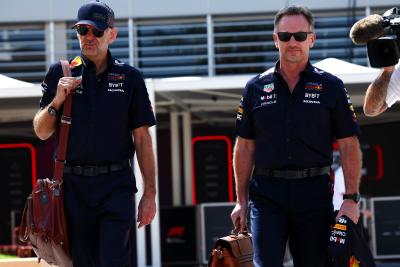
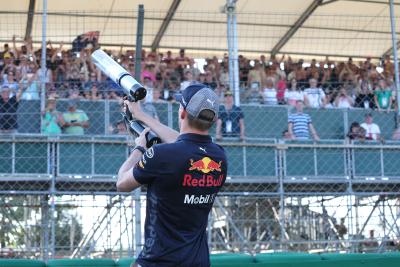
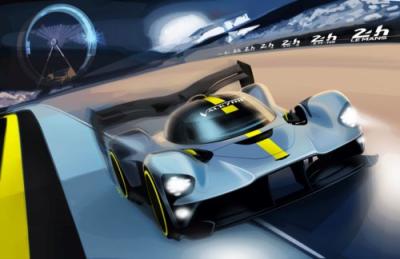
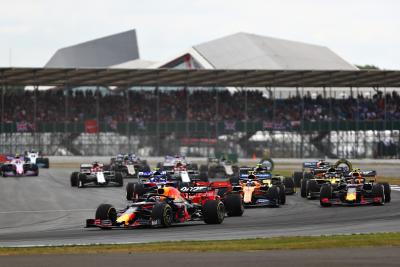
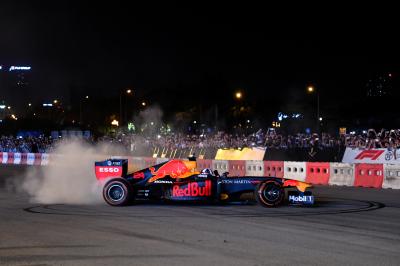
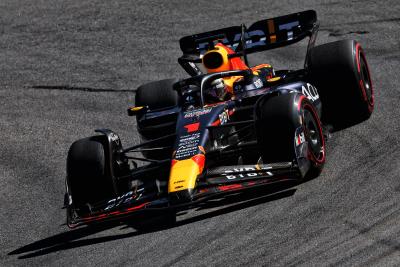
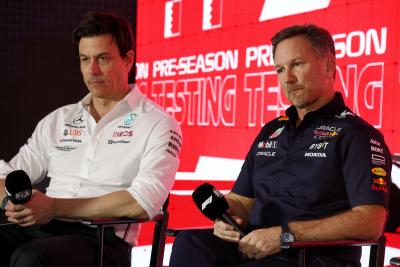
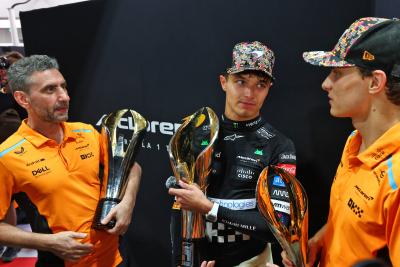
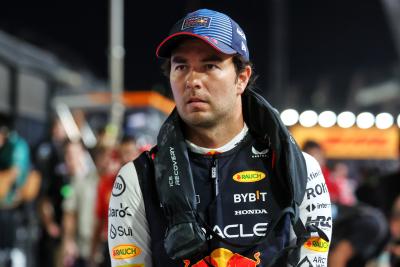
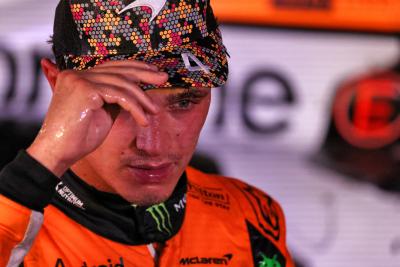
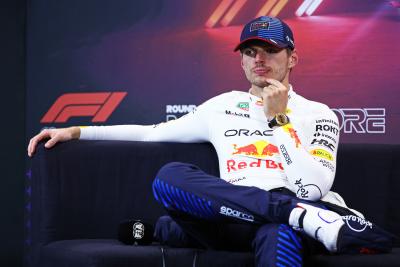
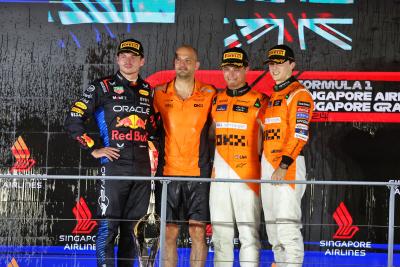
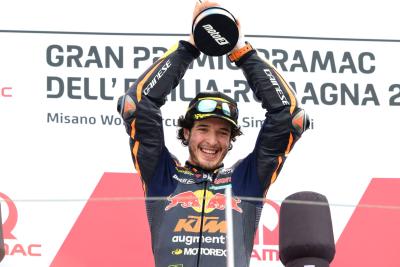
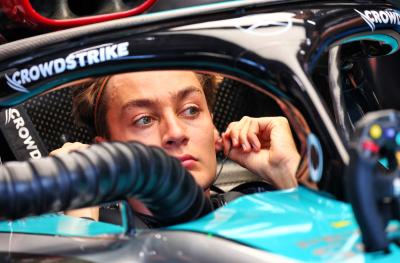
.jpg?itok=qO0UCyTx)
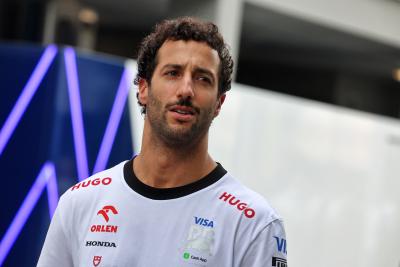
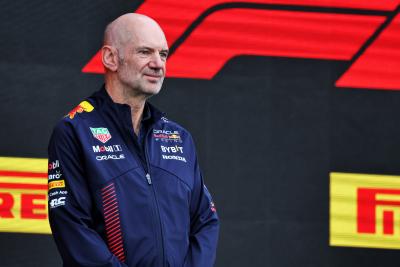
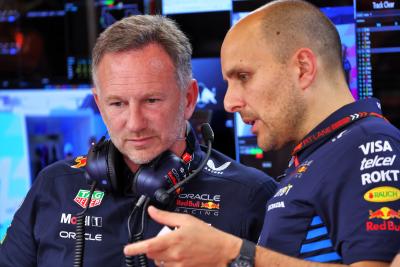
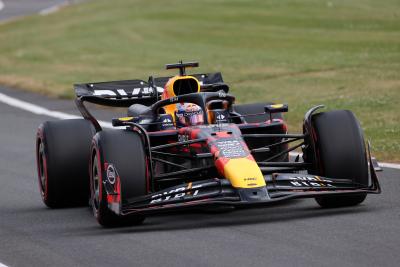
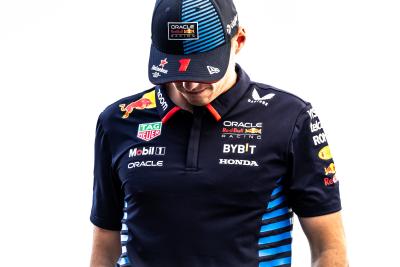
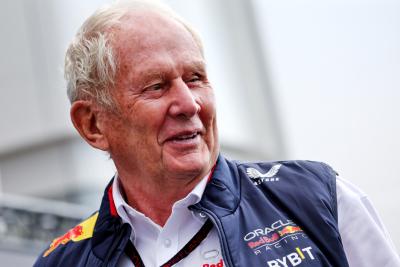
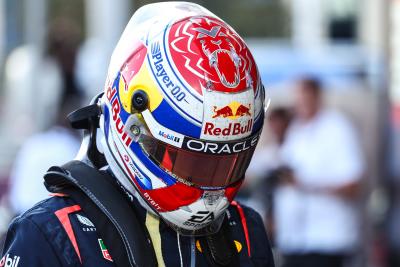
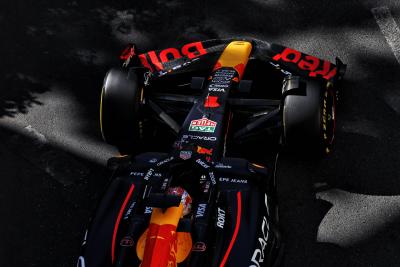
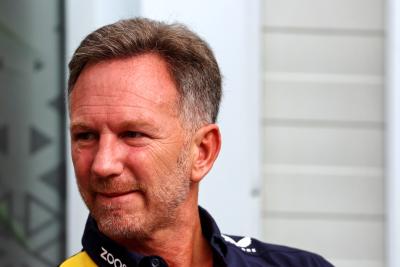
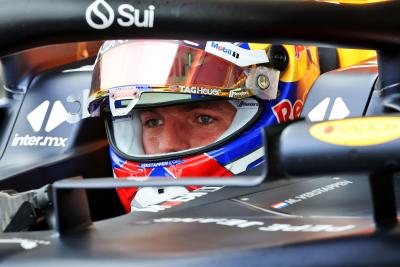
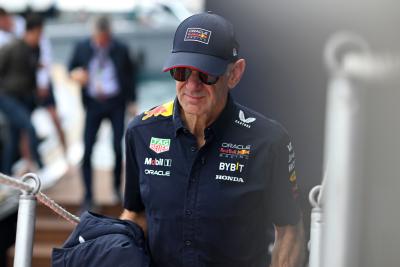
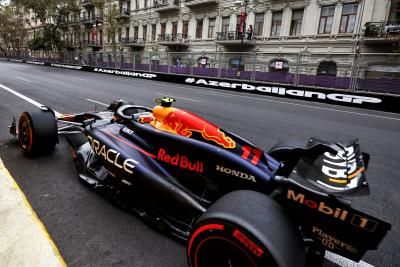
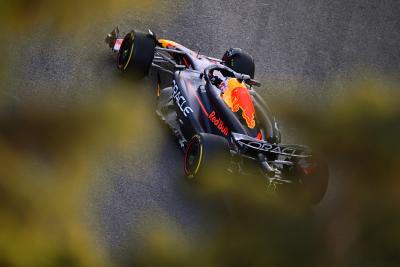
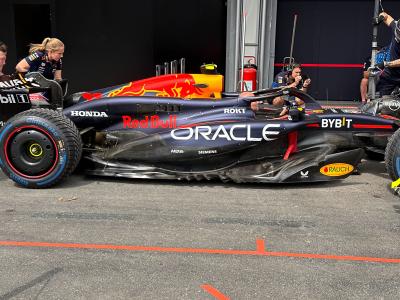
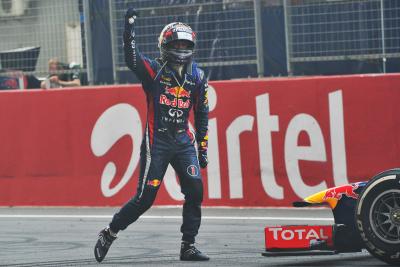
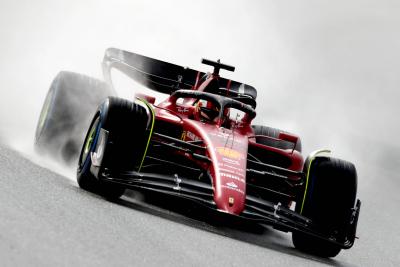
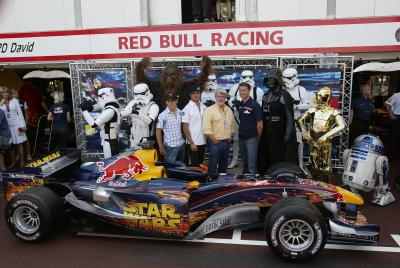
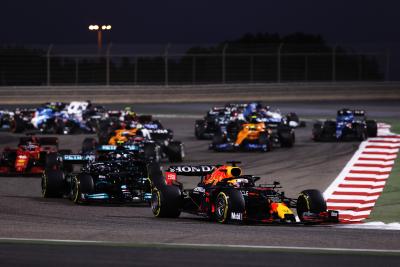
.jpg?itok=EhWzeL4z)
